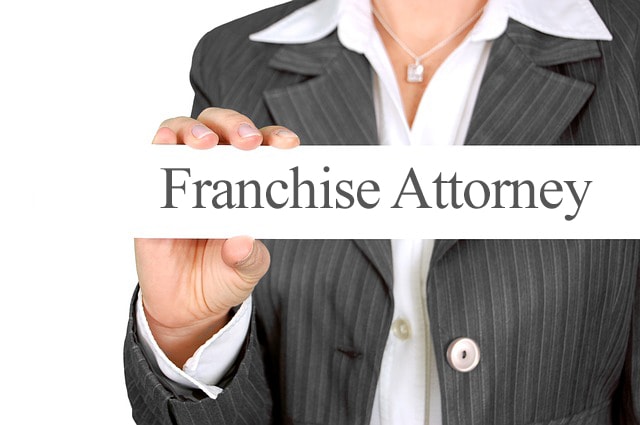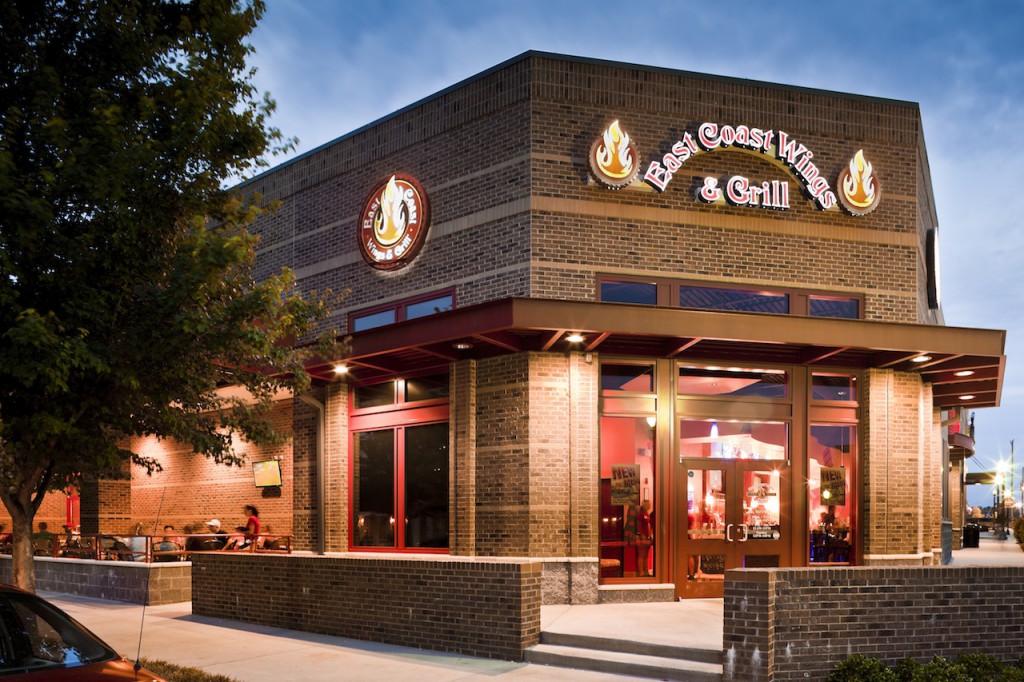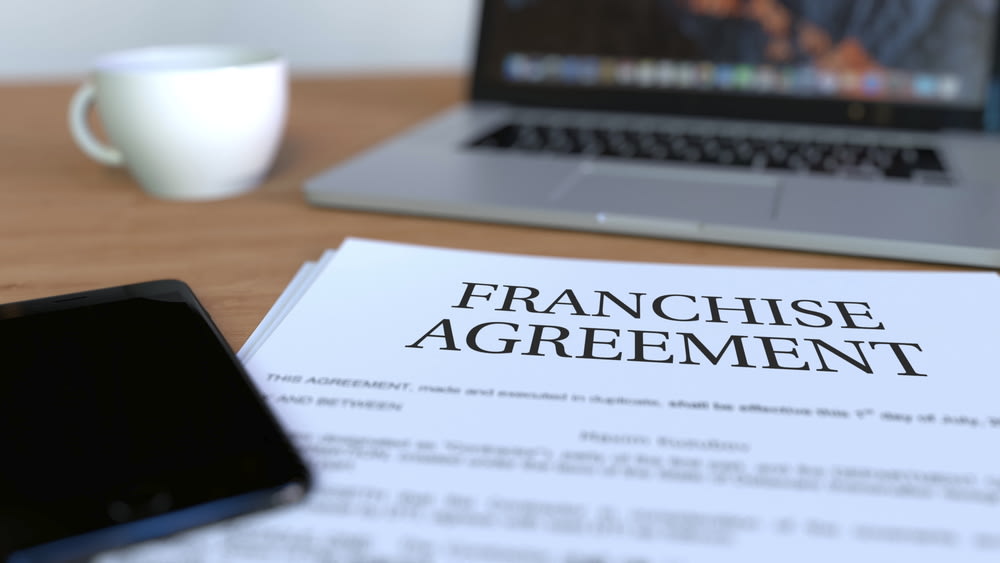Step 6: Buy
Execute a successful purchase with advice on how to buy a franchise, hiring an attorney and an accountant, reviewing the franchise agreement before you sign, and understanding business compliance.
At this point, you should have a clear sense for franchising and if it would be a good option for you. We have covered the critical sections and outlined a number of insights for you.
Now you might be ready to take the leap and invest in a franchise. Congratulations! The final step in this process is to sign the paperwork and begin your journey to business ownership. But there are still some things we need to cover at this point. Assuming that you have adequate funds secured, the last step is signing the agreements and getting the process started to open your new business.
Understanding the Franchise Agreement
The franchise agreement is a legally binding contract between the franchisor and you, the franchisee. It outlines the terms and conditions you must adhere to, as well as mutual obligations. As with any contract, it is advisable that you work with a franchise lawyer to review the document. The components of a basic franchise agreement may vary depending on the franchise, but here are a few you will typically find below, review the full list in our Franchise Agreement 101 article.
This section states that the franchisor is giving the franchisee a restricted, non-transferable, and non-exclusive license to use the logos, trademarks and system of operation for a given time period.
Details the territory in which the franchisee can operate, and provides a timeline for when the franchisee should find a location and solidify plans for their unit. This section may also explain any local restrictions surrounding the location or territory.
Includes details regarding the initial fee, franchise fees, royalty fees, and other additional costs that may need to be made by the franchisee; both, previous to opening and during operation.
Things to Keep Top of Mind When Selecting Your Franchise Location
Before deciding on a franchise location, it’s helpful to fully understand the concept of your particular franchise. The target customer is the centerpiece of the concept, so it’s important to profile your target customers, starting where they live and work and their consumer spending habits
Look for cities/towns that not only have larger populations but also have experienced steady population growth over the past few years
Yes, you may save money by leasing a store location that isn’t very accessible. But what seems like a good deal at first might not work out if you’re not getting customers
If your store is miles away from a main road, you’re going to have a problem attracting customers
Seek out populated areas that see a lot of foot traffic and vehicle traffic. Sitting off a main highway isn’t going to do much good if the store is all by itself and customer has no other reason to turn off
If the location you are looking at has average accessibility but is available at a good price, but you know that there are plans for building a mall across the street or a large parking lot, then this could be a good spot to invest
What To Expect In Your First Year Of Ownership
- You will build your customer base
- You will focus on sales and marketing, hiring a great team and managing the day-to-day operations
- You are in for some hard work and long hours, this we can guarantee. But it will be well worth it in the end as you settle in to your new business and watch it grow




